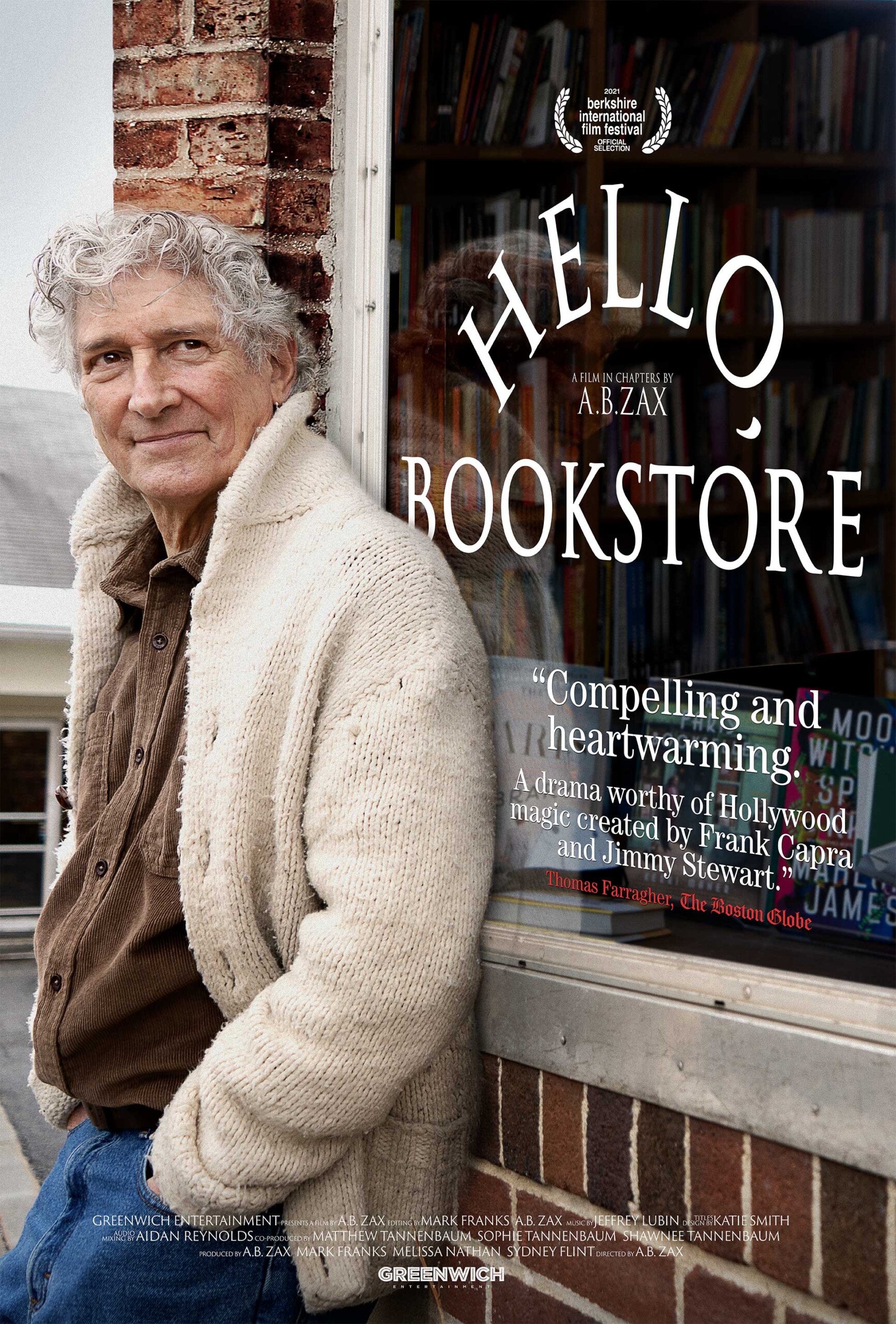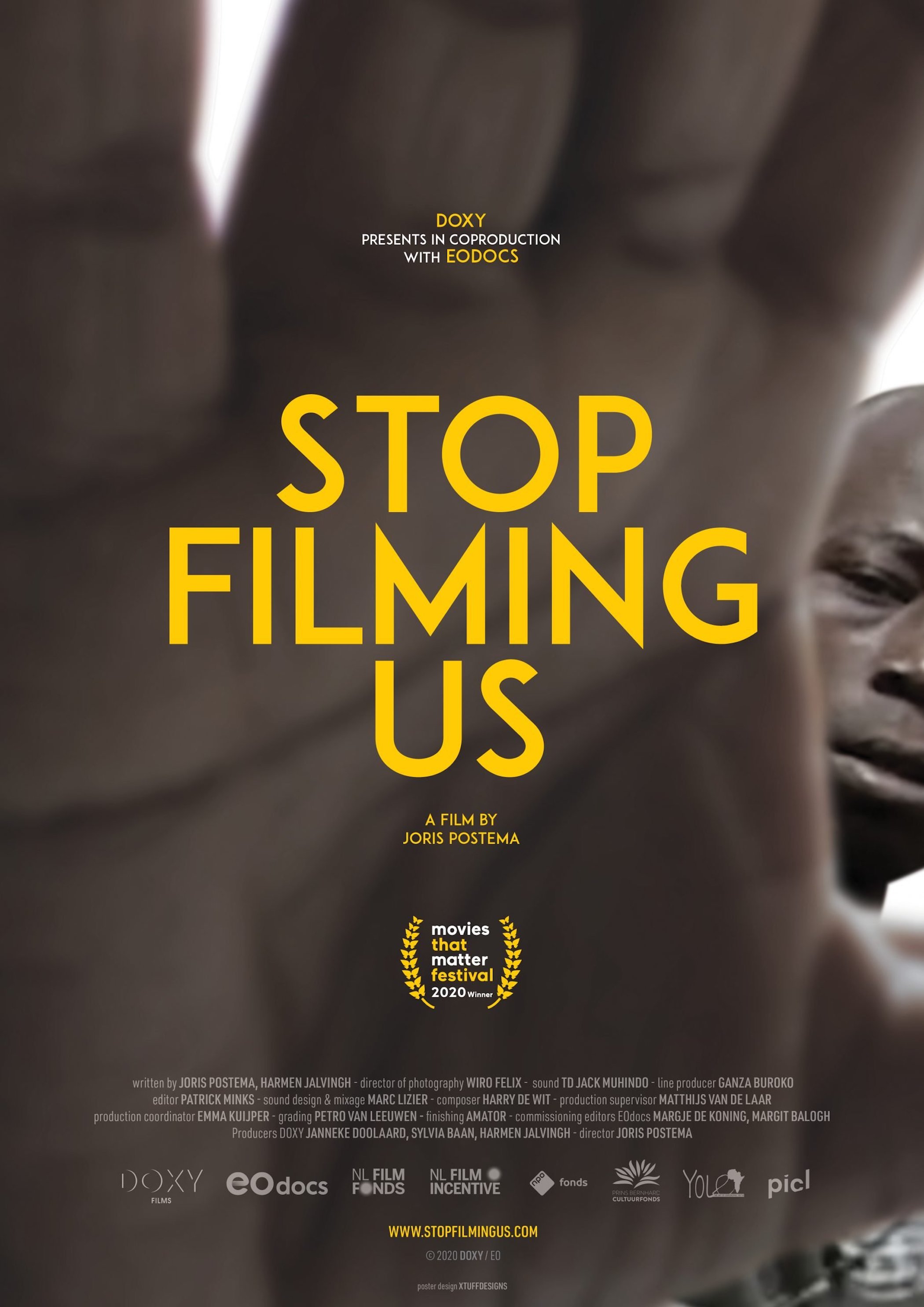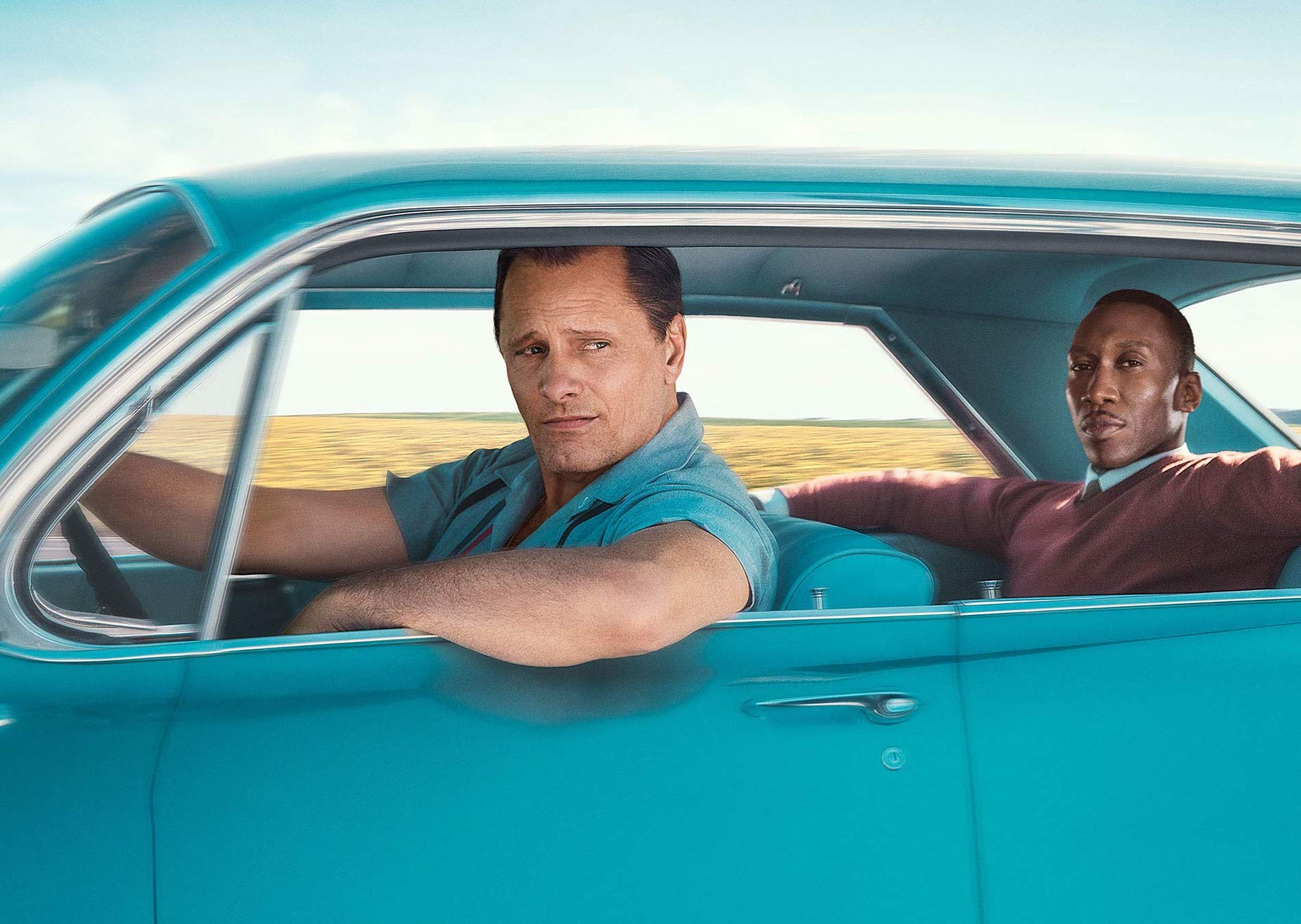
During college, two of my English-majoring friends had a running argument, years long, about whether “Pale Fire,” the 999-line poem that begins Vladimir Nabokov’s novel of the same name, is good or not. The poem is attributed to the fictional writer John Shade, and the rest of the novel takes the form of an unhinged and digressive commentary on it by Shade’s neighbor. There’s no doubt about the quality of the commentary (as commentary, as opposed to a satire of one), nor about the quality of novel, but what of the poem? Usually, fictional works of art are framed as clearly good or bad by the larger works they are within, but occasionally their status is more interestingly ambiguous.
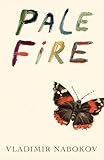 Jim Jarmusch’s new film Paterson follows a week in the life of Paterson, a Paterson, N.J., bus driver played by Adam Driver. (Many of its jokes are of this sort.) It is admirably quiet and prosaic, refreshingly so in a time when it can feel like 50 percent of films include the computer generated destruction of a metropolis. It is also remarkably thought provoking, raising questions about why people write poetry, whether they need readers, and who merits the label “poet.” More than any other, however, the film left me with the question of whether it — and Jarmusch — thinks Paterson’s poetry is any good.
Jim Jarmusch’s new film Paterson follows a week in the life of Paterson, a Paterson, N.J., bus driver played by Adam Driver. (Many of its jokes are of this sort.) It is admirably quiet and prosaic, refreshingly so in a time when it can feel like 50 percent of films include the computer generated destruction of a metropolis. It is also remarkably thought provoking, raising questions about why people write poetry, whether they need readers, and who merits the label “poet.” More than any other, however, the film left me with the question of whether it — and Jarmusch — thinks Paterson’s poetry is any good.
Paterson writes, if the week we see is typical, about a poem a day. We witness him thinking through the first lines over breakfast and his walk to work, then writing in his “secret notebook” (as his wife calls it) as he waits to set out on his first route of the day, on his lunch break, and at his basement desk at home. Certainly the film seems to celebrate his words: paired with Driver’s voiceover, they are inscribed on the screen, both as they are being drafted and in apparently finished form. Yet Paterson is uninterested in showing his poetry to anyone. His wife seems to have read, or heard, a few of them, and constantly hectors him to make copies and share them with the world, but he is clearly reluctant to do so.
The counterpoint of Paterson’s wife, Laura (played by Golshifteh Farahani), suggests all the more that the film thinks Paterson’s poetry is good. She flits from daydream to daydream about how she will become famous — for her cupcakes, or as a Nashville singer with her newly bought guitar — and the film gently mocks these dreams, as well as her many design projects around the house. Yet no such mockery is pointed toward Paterson’s work.
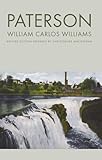

 Films can make any poem seem greater than it is, and of much deeper significance — or go too far in such a direction, turning it into overwrought bombast, as Dead Poet’s Society did for Walt Whitman and, more recently, Interstellar for Dylan Thomas. Despite this, Paterson’s poetry still seems, at best, merely mediocre. It is styled after that of William Carlos Williams, son of Paterson, N.J., and hero of both Driver’s character and the film. Williams is repeatedly discussed, Paterson recites “This Is Just to Say” at his wife’s request, and his book Paterson is obviously visible on the main character’s shelf (along with other collections of poetry and Infinite Jest, a book I cannot imagine Driver’s character reading, which Jarmusch also visually fetishized, more convincingly, in Only Lovers Left Alive). Unlike Williams’s poetry, however, Paterson’s seemed to me unnecessarily baggy, occasionally finding a good line or two, but only after far too much preamble, not just conversational, but plain in its diction and rhythm to the point of banality.
Films can make any poem seem greater than it is, and of much deeper significance — or go too far in such a direction, turning it into overwrought bombast, as Dead Poet’s Society did for Walt Whitman and, more recently, Interstellar for Dylan Thomas. Despite this, Paterson’s poetry still seems, at best, merely mediocre. It is styled after that of William Carlos Williams, son of Paterson, N.J., and hero of both Driver’s character and the film. Williams is repeatedly discussed, Paterson recites “This Is Just to Say” at his wife’s request, and his book Paterson is obviously visible on the main character’s shelf (along with other collections of poetry and Infinite Jest, a book I cannot imagine Driver’s character reading, which Jarmusch also visually fetishized, more convincingly, in Only Lovers Left Alive). Unlike Williams’s poetry, however, Paterson’s seemed to me unnecessarily baggy, occasionally finding a good line or two, but only after far too much preamble, not just conversational, but plain in its diction and rhythm to the point of banality.
I was surprised to learn, then, that Paterson’s lines were in fact written, some especially for the film (others have appeared elsewhere), by the poet Ron Padgett, an award-winning member of the New York School (itself name-checked, via Frank O’Hara, in the film). Unless Jarmusch means to insult his friend, this makes me think he means to present the poems as good. Otherwise, why not write them himself? Poetry of Williams’s sort is not hard to write, only hard to write well. Did Padgett, in the poems written for the film, take on the persona of a lesser talent? The film features one other poem, written by a 10-year-old girl with whom Paterson falls into conversation. This one was actually written by Jarmusch, and the film presents it as no worse than Paterson’s (that is Padgett’s) work: Driver’s character seems genuinely moved by it, and he recites its opening lines to his wife later that night. Does Jarmusch intend to lower Paterson’s status, or to elevate the young girl?
Paterson exists thought-provokingly, though I am not sure fully purposefully, in the space created by the ambiguity of whether Paterson’s poetry is any good. If it were clearly bad, then the film would become cruel. If it were clearly good, then the film would become something else, a hackneyed gem-in-the-rough story. Twice in the film, Paterson is presented with the opportunity to call himself a poet. Neither time does he. He is interested in poetry, likes poetry, but he doesn’t even admit he writes it, neither to the young girl, nor to a Japanese poet on pilgrimage to the hometown of William Carlos Williams. Where Williams was a doctor, Paterson is a bus driver and thinks of himself merely as that. Unlike Williams, he writes only for himself.
Near the end of the film, Paterson’s notebook is destroyed (a move so heavily telegraphed that this really isn’t a spoiler). His wife is devastated by the loss — clearly she daydreams about his future fame as well — but Paterson’s own reaction is opaque. He says almost nothing: is he in shock or remarkably stoic? Does he not especially care, or perhaps even feel a little relieved? We briefly wonder if he will stop writing or, alternatively, now write to publish, his juvenilia swept away. Instead, he simply returns to his routine, it seems: his poems, it is suggested, are for him, and him alone. They help him find meaning in his otherwise routine life, and that’s enough — anything else would be too much, too grandiose, too, well, poetic, for his merely prosaic existence.




